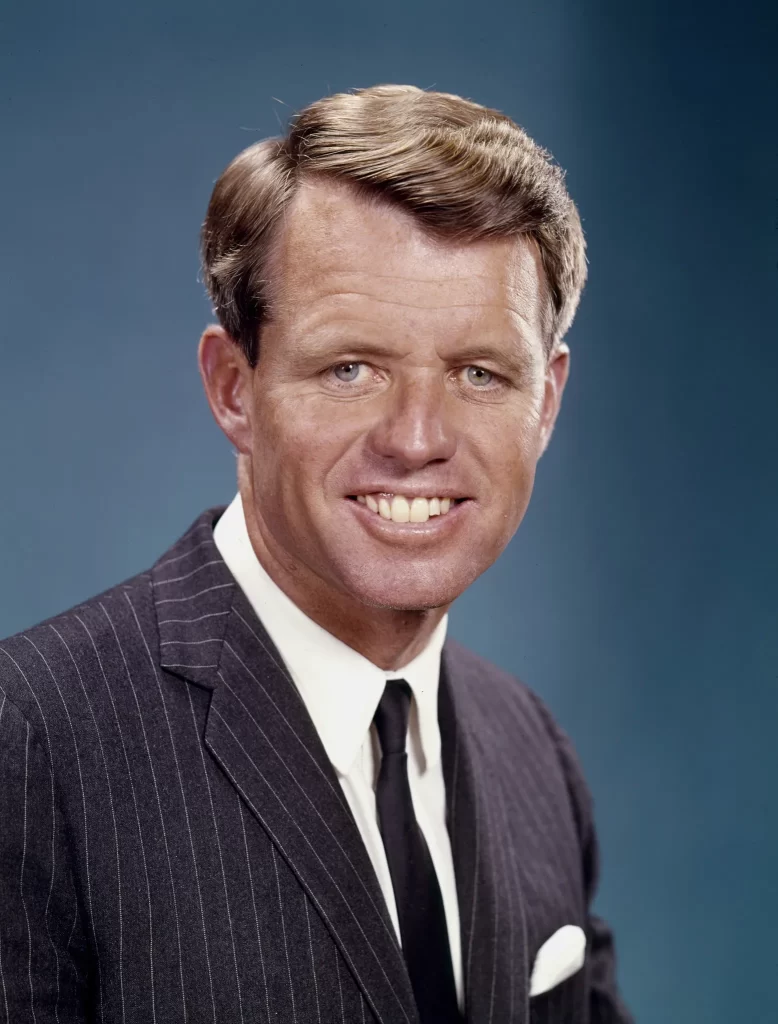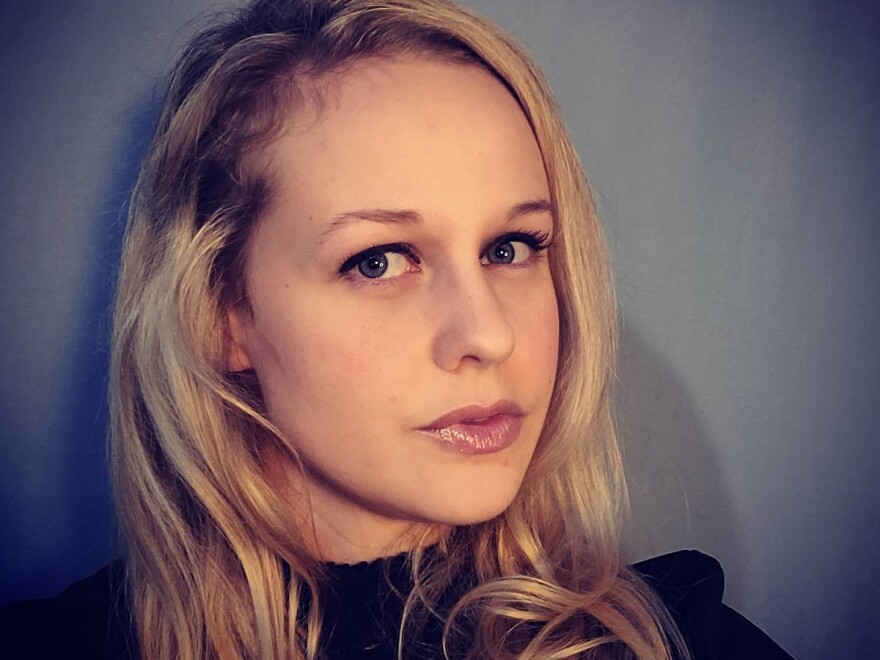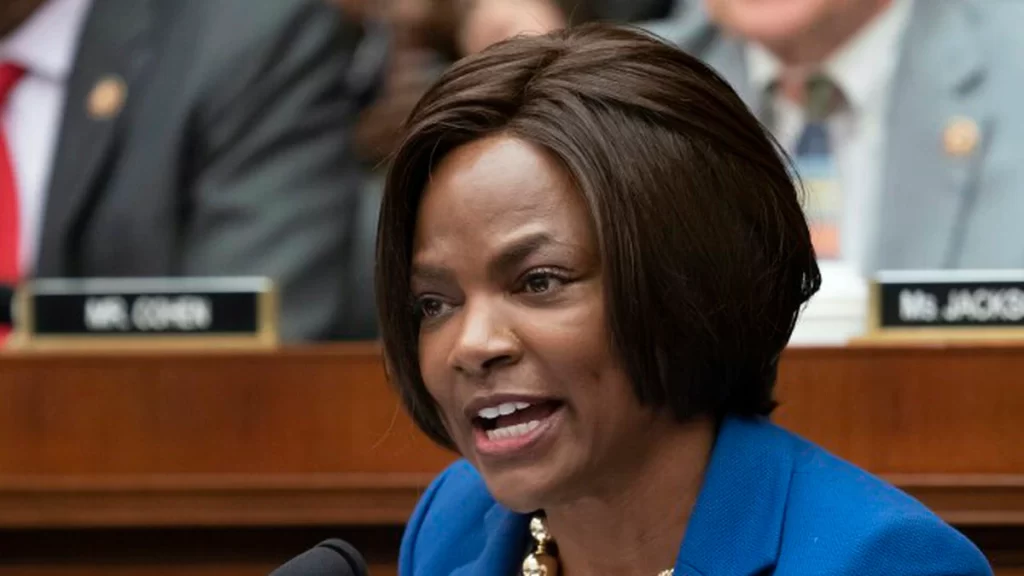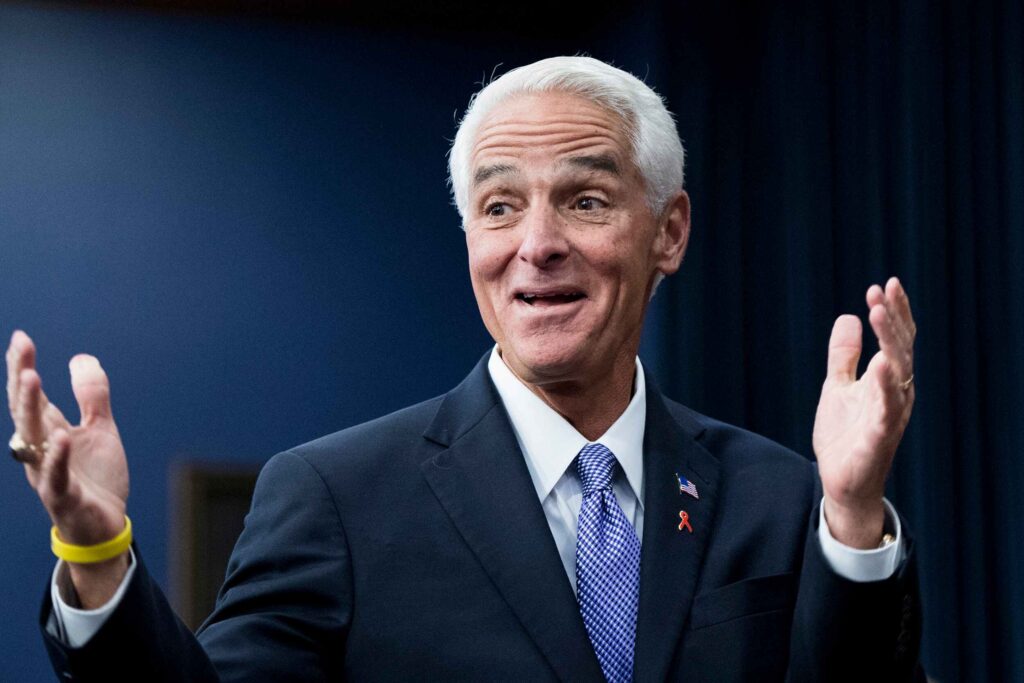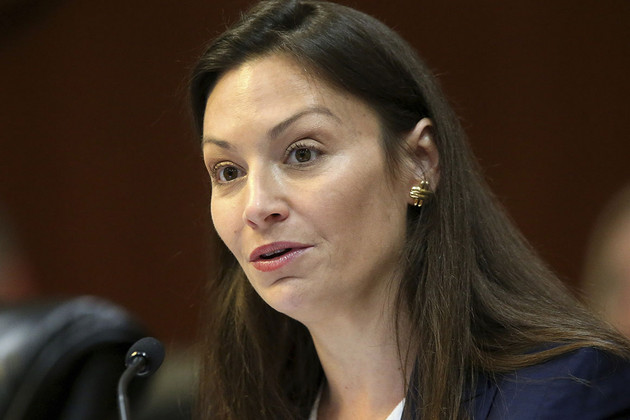Robert F. Kennedy Biography
Robert Francis Kennedy was an American politician and attorney. He is also known by the initials RFK and the nickname Bobby.
From January 1961 to September 1964, he served as the 64th United States attorney general. From January 1965 to June 1968, when he was running for the Democratic presidential nomination, he served as a U.S. senator from New York. He was a well-known Democratic Party member and a symbol of contemporary American liberalism, much like his brothers John F. Kennedy and Ted Kennedy.
Robert F. Kennedy Net Worth
Robert had an estimated net worth of $100 Million at the time of his death according to Celebrity Net Worth.
Robert F. Kennedy Age
Robert Francis Kennedy was born on November 20, 1925, in Brookline, Massachusetts. He died on June 6, 1968 at the age of 42 years.
Robert F. Kennedy Family
He was the seventh child of Rose and Joseph P. Kennedy. His parents were Massachusetts Democratic Party activists who came from two well-known Irish-American families. Kennedy’s four grandparents were all the offspring of Irish immigrants. Joseph Jr., John, Rosemary, Kathleen, Eunice, Patricia, Jean, and Ted were his eight siblings.
Robert F. Kennedy Wife
Robert Kennedy married Ethel Skakel in Greenwich, Connecticut, in 1950. She was the daughter of Great Lakes Carbon Corporation founder George Skakel and Ann Brannack Skakel.
Robert F. Kennedy Kids
Later the couple had eleven children. Courtney Kennedy Hill, Max Kennedy, Michael LeMoyne Kennedy, Michael LeRoy Kennedy, Kathleen Kennedy, David Kennedy, Rory Kennedy, Kerry Kennedy, Joseph P. Kennedy II, Robert F. Kennedy Jr and Douglas Kennedy.
Douglas Kennedy is a Fox News Correspondent.
Robert F. Kennedy Education
After serving in the Navy during World War II, he attended Milton Academy before earning his degree in government from Harvard University in 1948. Three years later, he graduated from the University of Virginia Law School with a law degree.
Robert F. Kennedy Career
He made his political debut in 1952 by managing the successful Massachusetts US Senate campaign of his older brother John.
The year after, he spent a short time working for Senator Joseph McCarthy’s Senate Subcommittee on Investigations. Kennedy left the staff after six months, troubled by McCarthy’s contentious methods. Later, he served as the Democratic minority’s chief counsel when he returned to the Senate Subcommittee on Investigations, where he authored a report denouncing McCarthy’s investigation into alleged Communists in the Army. As Chief Counsel for the Senate Rackets Committee, he later exposed Teamsters Union leaders David Beck and Jimmy Hoffa, earning him national acclaim for his work.
In addition to serving as Attorney General for President Kennedy, Robert Kennedy was also his closest confidant and advisor. Because of this special relationship, the Attorney General had a significant influence on a number of important foreign policy choices. For instance, he assisted in creating the Kennedy administration’s plan to blockade Cuba rather than take military action that might have sparked nuclear war during the 1962 Cuban Missile Crisis. The removal of the weapons was then subject to negotiations with the Soviet Union.
Robert F. Kennedy Presidential Campaign
Robert Kennedy left his position as attorney general soon after President Kennedy passed away and ran successfully for the US Senate in 1964 from New York. During the hotly contested campaign, Kennedy’s rival, sitting Republican Senator Kenneth Keating, called him a “carpetbagger”. In response to the attacks, Kennedy used humor.
With the help of President Lyndon Johnson’s landslide and an effective statewide campaign, Kennedy won the November election by 719,000 votes.
Robert F. Kennedy Assassination
On June 4, Kennedy won the South Dakota and California primaries, which were significant victories for him. On June 5, 1968, just after midnight, he spoke to his supporters in a ballroom of the Ambassador Hotel in Los Angeles. He was informed that the hotel kitchen was a shortcut to a press room, so he exited the ballroom through there. Bill Barry, his bodyguard and a former FBI agent, had advised him not to go into the kitchen, but he still did it. Sirhan Sirhan, a 24-year-old Palestinian, opened fire with a.22-caliber revolver as Kennedy turned to his left and shook hands with hotel busboy Juan Romero in a crowded kitchen hallway. Kennedy received three hits, and five additional people were hurt.
After Sirhan shot the senator, George Plimpton, former decathlete Rafer Johnson, and former professional football player Rosey Grier are credited with pinning him to the ground. Romero held Kennedy’s head and placed a rosary in his hand as he lay fatally wounded. Is everyone OK? Kennedy inquired, to which Romero replied, “Yes, everyone’s OK.” Romero was then sidestepped by Kennedy, who remarked, “Everything’s going to be OK.” The senator’s last words were a whispered “Don’t lift me” when medical personnel lifted him onto a stretcher after several minutes. He briefly lost consciousness after that. He was taken urgently to the Good Samaritan Hospital that is next to Central Receiving Hospital in Los Angeles, which is located east of the Ambassador Hotel.
Kennedy was declared dead at 1:44 a.m. (PDT) on June 6, nearly 26 hours after the shooting, despite extensive neurosurgery to remove the bullet and bone fragments from his brain.
Similar to how his brother, President John F. Kennedy, was assassinated in 1963, Robert Kennedy’s death has been the focus of conspiracy theories.
Robert F. Kennedy Funeral & Burial
Kennedy’s body was brought back to Manhattan, where it was laid to rest at Saint Patrick’s Cathedral on June 8 from roughly 10:00 p.m. to 10:00 a.m. On June 8, at 10:00 a.m., the cathedral hosted a high requiem Mass. Members of the Kennedy family’s extended family, Lady Bird Johnson, the president of the United States, and the Johnson cabinet all attended the funeral.
Kennedy’s body was brought to Washington, D.C., by a special private train pulled by two Penn Central GG1 electric locomotives. Numerous thousands of mourners gathered along the route’s tracks and in its stations to pay their respects as the train passed. At 12:30 pm, the train left New York Penn Station.
When the funeral train arrived in Elizabeth, New Jersey, an eastbound train traveling on a parallel track was struck, killing two spectators and seriously injuring four others.
In Arlington National Cemetery in Arlington, Virginia, just across the Potomac River from Washington, D.C., Kennedy was buried close to his brother John. His family felt that Robert should be buried in Arlington next to his brother even though he had always stated that he wanted to be buried in Massachusetts.
On June 9, President Johnson appointed security personnel to each of the American candidates for president and proclaimed a formal day of mourning. Congress changed the U.S. Secret Service’s mandate following the murder to include guarding potential presidential candidates.

